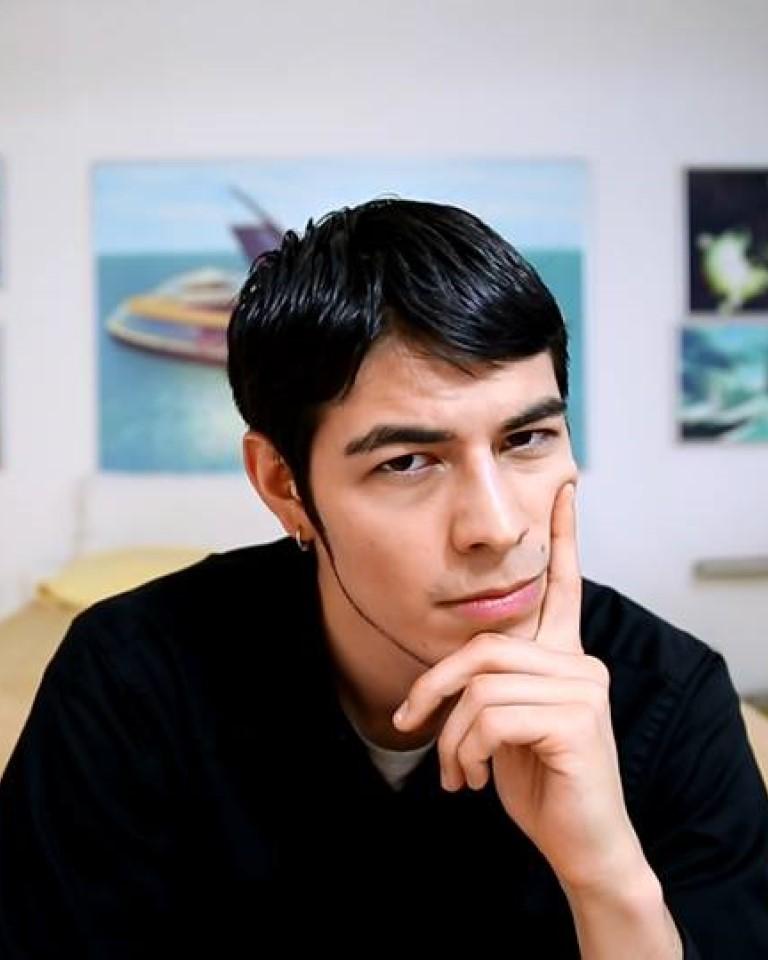Nate Dinwiddie

Student Spotlight | February 2014
Major: Philosophy and Film & Media Studies
Q: Describe your research in just two sentences that we can all understand.
A: My research involves investigating the life history of futurist, Jacque Fresco, and understanding the multiplicity of factors that produced him. I have done this by uncovering various forms of documentation of his life, interviewing people who knew him, and researching historical and intellectual movements that influenced him.
Q: Who mentors your project?
A: The primary mentor is Madison Davis Lacy. There was also consultation with David Norman Smith, Timothy Miller, and James Gunn.
Q: What surprised you about doing research?
A: For me research is a very intuitive process. Collecting significance and making connections is rather easy when there is a powerful drive to discover and when one knows what they seeking at every turn. Perhaps the most surprising aspect of research is the need for proper planning and organization from the outset. Without a plan for how sources and information will be organized when it is discovered, a researcher can encounter much hassle and wasted time or effort. It is a matter of making the process efficient.
Q: What do you like most about your research?
A: Most of all, I like discovering something new about the subject, such as a new source or lead. Each new discovery is a brushstroke that helps complete the picture. In my case, I am researching a person's life. Therefore, the subject is a closed one. Ultimately, only so much significant information can be discovered about a person living in a limited number of places and limited range of time. Because of this, it is easier to know what parts of the picture are missing and that the picture is being completed when new information is found.
Q: What advice would you give to a friend wanting to get involved in research?
A: I would emphasize a few points. The first: be organized. Without effective organization, it is easier to become discouraged. After you've accumulated mountains of information over an extended period of time, it can be daunting when you realize you will have to spend just as much time reorganizing it into an intelligible and informative story or theory. Such organization is better facilitated if one has foresight and is patient. Foresight is needed to estimate the limits, prospects, and trajectory of the research, i.e. where and how far the research may go. Patience is needed to carefully integrate new discoveries into the existing data. This is best done at a slow, patient pace. It is also valuable when following leads to sources. There were plenty of instances where I thought a lead was going nowhere, only to discover that it reached a breakthrough when I returned to it at a later date.
Q: How do you spend your time when you’re not working on your research?
A: I suppose I'm almost always thinking about it, or at least jumping back and forth between it and other priorities throughout the day. Generally, I would be earning my economic existence by archiving as a student worker for the Dole Institute of Politics. Besides that, I would be reading various works of philosophy usually pertaining to socioeconomic ideas, science, language, ethics, and prudence, as well as writing a little bit of it myself. I might also be thinking or researching how I can improve my health and way of life.